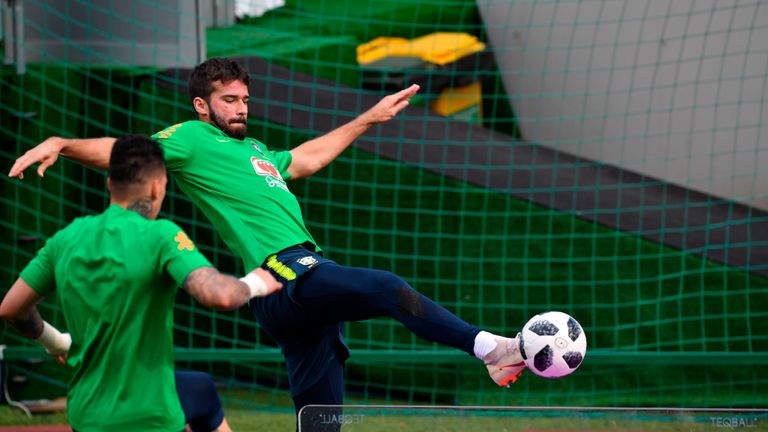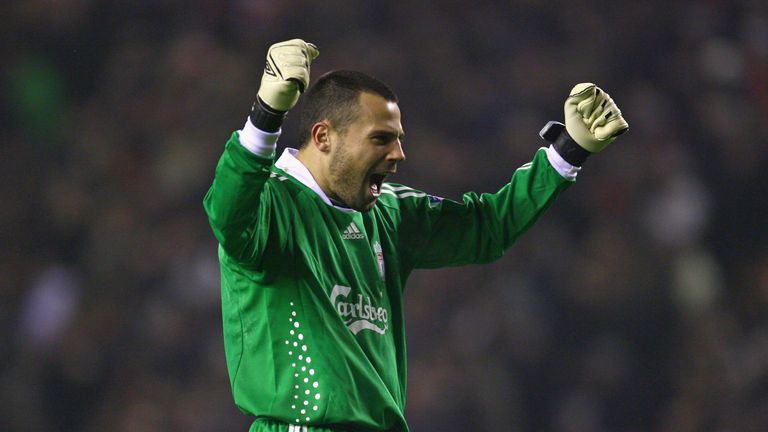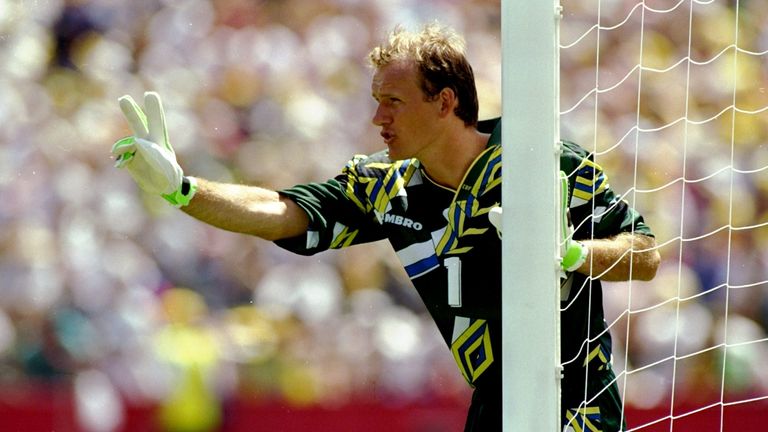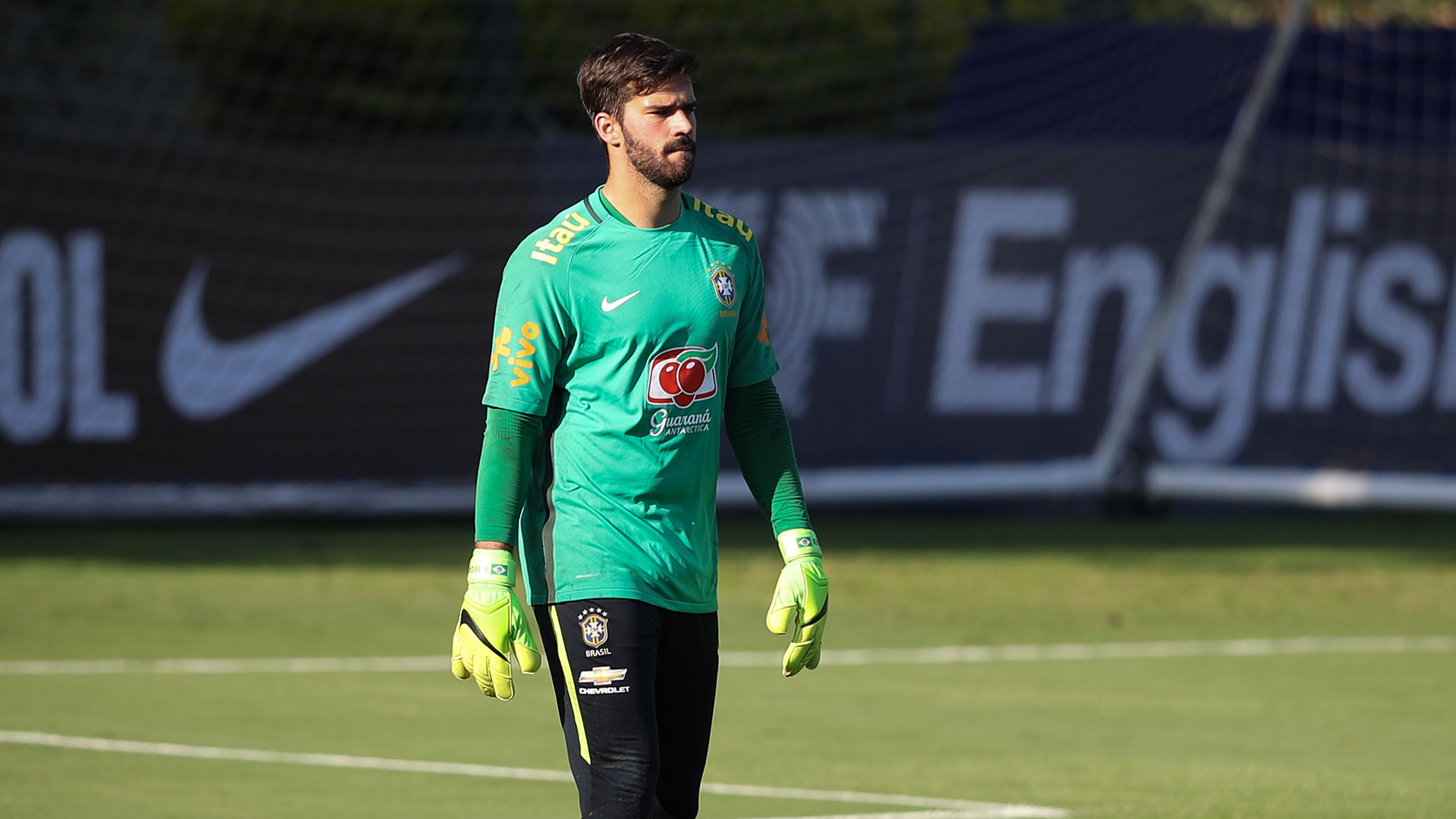There was a time when Brazilian goalkeepers were not well respected in Europe but the presence of Alisson and Ederson in the Premier League underlines how things have changed. Adam Bate explores the rise of the Brazilian goalkeeper.

When Liverpool take on Manchester City, the eyes of the world will be on Anfield. This is the global game so it is only appropriate that Brazilians will have a pivotal role to play in what could prove to be a decisive six points in the Premier League title race. There is Roberto Firmino and Gabriel Jesus, of course, but a key battle will be between Alisson and Ederson.
The best two teams in England both have Brazilians in goal. They are regarded as two of the very best as well. That is a big change because it has taken a long time for the Brazilian goalkeeper to be accepted, particularly in England. “In Europe, people think Brazil can’t produce good goalkeepers,” World Cup winner Taffarel once said. “That is false.”

The stigma surrounding the Brazilian goalkeeper is ingrained in the psyche with the cliché stretching back to the great team of 1970. Felix received criticism despite keeping a clean sheet against then champions England. “What an incredible man to have behind you if you’re a defender in this brilliant Brazilian side,” said commentator Hugh Johns at the time.
It was not a compliment.

But this view of the Brazilian goalkeeper was never entirely fair. Gilmar was revered for his role in the country’s 1958 and 1962 World Cup wins, while even Felix tipped over Gigi Riva’s shot in the 1970 final. Some of his work might generously be described as ahead of its time – ambitious throws, rushing off his line, and punching the ball away rather than catching it.
The Brazilian goalkeeper always had an eye for innovation. Former Arsenal and Scotland goalkeeper Bob Wilson recalled being amazed that the Brazil team of 1966 had a specialist goalkeeper coach. In the 1992 Copa Libertadores final, Zetti became Sao Paulo’s hero by taking advantage of notes detailing which way the Newell’s Old Boys players would dive in the shootout. They had been practising penalties for two weeks.

Brazil always took goalkeeping seriously, just maybe not quite as seriously as certain other positions in the land of Pele and Zico. “Until recently, everybody in Brazil only had eyes for the number 10,” said Taffarel. That was reflected in the thinking of the scouts in Europe too.
One theory put forward by Paulo Guilherme, the author of Goleiros, is that Brazilian teams were so dominant when they played against foreign sides that the opposition goalkeeper would be so busy that they would be the ones who caught the eye. As a result, it was the goalkeepers from Argentina, Uruguay and Colombia who got the big moves instead.
More likely is that the scouts arrived with preconceived ideas. There had never been a Brazilian goalkeeper in Europe so they were not looking for one. For many years, if there was to be a Brazilian player wearing gloves in England, it would still be more likely to be an outfield player such as Juninho freezing in the Teesside cold than an actual goalkeeper.

That has changed now. In part, it is just a numbers game. This is a passionate football country with a population of 200 million people. But certain individuals have helped to transform the reputation. Taffarel was a pioneer. Dida won the Champions League with AC Milan. Julio Cesar did so with city neighbours Inter. England remained the last bastion.